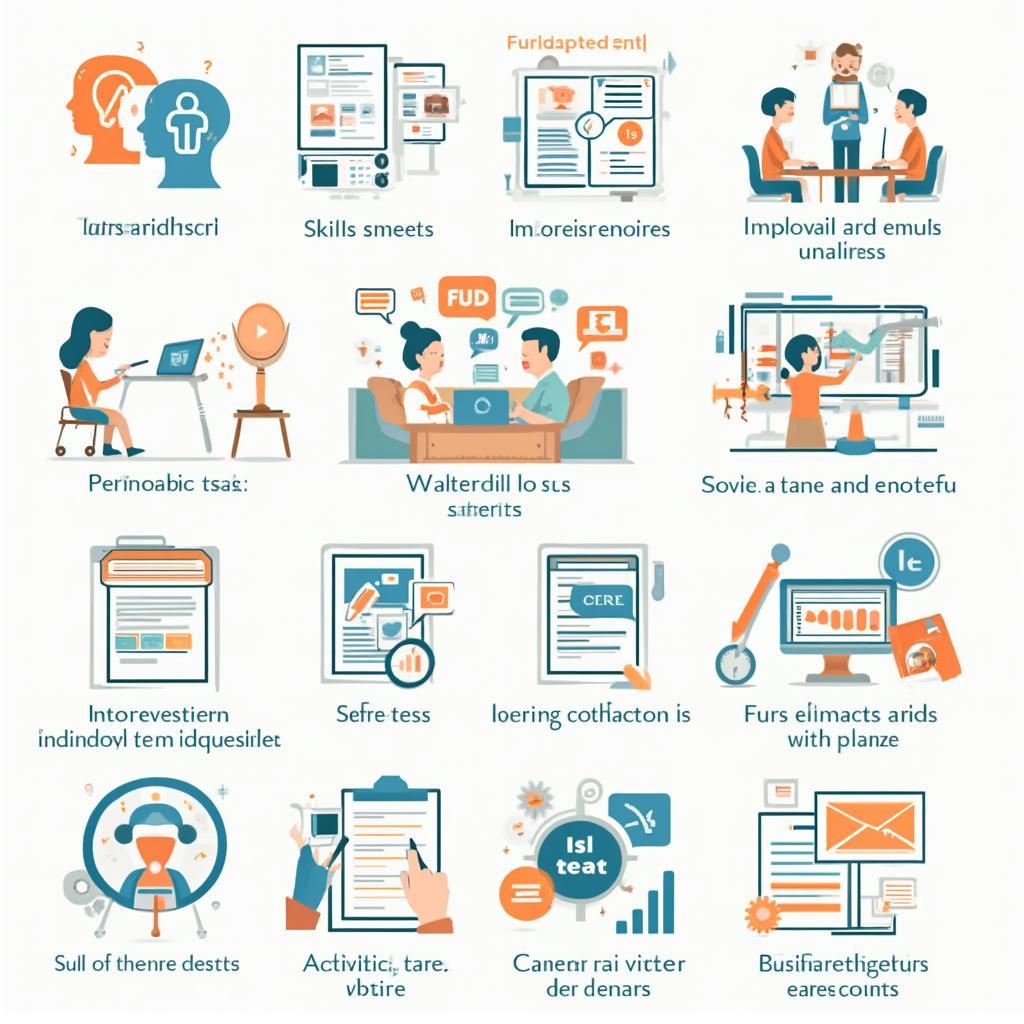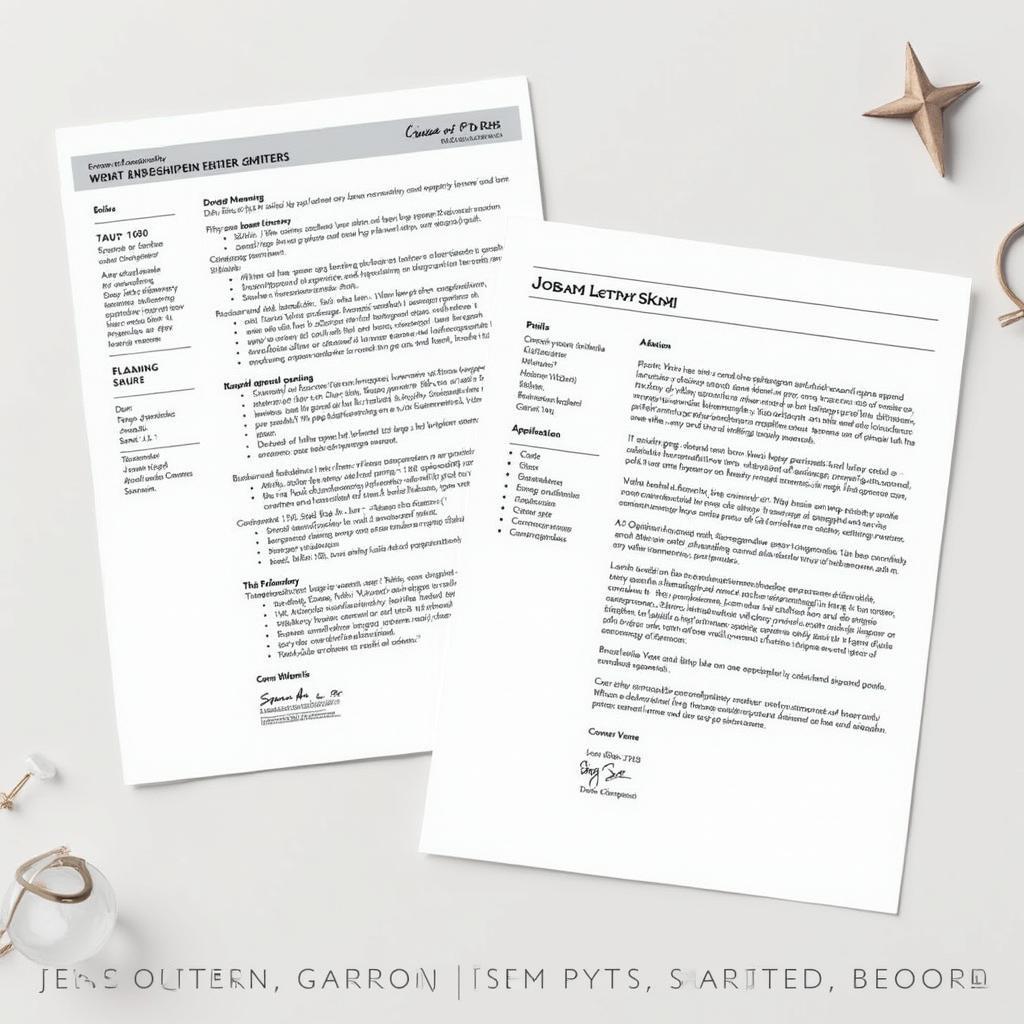Your cart is currently empty!

Tips for Finding Your Career
Finding your career can feel like searching for a needle in a haystack. It’s a significant decision that impacts every aspect of your life, from your financial stability to your overall happiness. This guide offers practical tips to help you navigate this journey and discover a fulfilling and rewarding career path.
Understanding Your Strengths and Interests
Before diving into job boards, take some time for self-reflection. Identifying your strengths and interests is crucial. What are you naturally good at? What activities do you genuinely enjoy? Consider past experiences, hobbies, and subjects that pique your curiosity. Are you a natural problem-solver? Do you enjoy working with people or prefer independent tasks? Understanding your inclinations will guide you toward careers that align with your natural talents and passions. For example, if you enjoy solving complex puzzles and have a knack for logic, a career in software development or engineering might be a good fit. Conversely, if you’re empathetic and enjoy helping others, a career in healthcare or social work could be more rewarding. Remember, choosing a career isn’t just about earning a living; it’s about finding something that brings you a sense of purpose and fulfillment.
This self-assessment is the first step towards finding your ideal career. It lays the foundation for your job search and helps you focus your efforts on opportunities that resonate with your individual strengths and aspirations. Once you have a clearer understanding of your interests and capabilities, you can start exploring specific career options that match your profile. Check out our guide on finding the right career tips for more detailed information.
 Effective Self-Assessment Tools for Career Exploration
Effective Self-Assessment Tools for Career Exploration
Exploring Career Options and Gathering Information
Once you have a better understanding of yourself, start exploring various career paths. Research different industries and job roles that align with your strengths and interests. Use online resources, attend career fairs, and network with professionals in your field of interest. Informational interviews are invaluable; they provide firsthand insights into the day-to-day realities of a particular job and the skills required to succeed.
Don’t limit yourself to traditional job boards. Explore industry-specific websites, professional networking platforms, and company career pages. Networking is vital. Connect with people in your field, attend industry events, and reach out to individuals on platforms like LinkedIn. Building relationships can lead to unexpected opportunities and valuable mentorship. Considering honing your racing skills? Explore club car racing tips to get ahead of the competition.
 Networking for Career Success
Networking for Career Success
How can I find mentors in my chosen field?
Finding mentors can significantly benefit your career journey. Seek out professionals in your field through networking events, online platforms like LinkedIn, or even by reaching out to individuals whose work you admire. Attend industry conferences and workshops to connect with potential mentors. Actively participate in professional organizations and online communities related to your chosen field. Building genuine relationships with experienced professionals can provide valuable guidance, support, and insights as you navigate your career path.
Gaining Experience and Building Skills
Experience is essential in today’s competitive job market. Look for internships, volunteer opportunities, or part-time jobs related to your target career. These experiences provide practical skills and demonstrate your commitment to potential employers. Even seemingly unrelated experiences can be valuable. For example, working in customer service can enhance your communication and problem-solving skills, which are transferable to many professions.
Continuous learning is crucial for career growth. Identify skills gaps and pursue opportunities to develop them. Take online courses, attend workshops, or consider further education. Developing in-demand skills not only enhances your employability but also positions you for future career advancements. Learn how career growth tips build relationships can help you advance in your career.
What are some effective strategies for building my professional network?
Networking is essential for career advancement. Start by attending industry events, conferences, and workshops. Actively participate in online forums and professional organizations related to your field. Leverage online platforms like LinkedIn to connect with people in your industry. Engage in meaningful conversations with others, offering your expertise and seeking advice when needed. Building genuine relationships based on mutual respect and shared interests can open doors to new opportunities and valuable collaborations.
Creating a Compelling Resume and Cover Letter
Your resume and cover letter are your first impressions. Tailor them to each job application, highlighting relevant skills and experiences. Quantify your accomplishments whenever possible, using numbers and data to showcase your impact in previous roles. A well-crafted cover letter demonstrates your enthusiasm for the specific position and explains how your skills align with the company’s needs.
 Crafting a Winning Resume and Cover Letter
Crafting a Winning Resume and Cover Letter
What tips can you offer for acing a job interview?
Preparation is key to a successful interview. Research the company and the role thoroughly beforehand. Practice answering common interview questions, focusing on highlighting your relevant skills and experiences. Dress professionally and arrive on time (or even a few minutes early). During the interview, maintain eye contact, actively listen to the interviewer, and ask thoughtful questions to demonstrate your genuine interest in the opportunity. After the interview, send a thank-you note to express your gratitude and reiterate your interest in the position.
Conclusion
Finding your career is a journey, not a destination. By understanding your strengths, exploring different options, gaining experience, and presenting yourself effectively, you can navigate this process with confidence and discover a career path that aligns with your aspirations. Tips For Finding Your Career involve self-assessment, exploration, networking, and continuous learning. Embrace the process, and remember that persistence and self-belief are essential ingredients for success. Are you interested in senior care? Explore helpful tips at senior care help tips.
FAQ
- How do I know if I’ve chosen the right career path?
- What are the best resources for career exploration?
- How important is networking in finding a job?
- How can I gain experience if I’m just starting out?
- What are some common interview mistakes to avoid?
- How do I negotiate salary and benefits?
- What if I’m considering a career change?
Need more tips? See our guide on motogp 2020 career mode tips.
Need support? Contact us via WhatsApp: +1(641)206-8880 or Email: [email protected]. Our customer service team is available 24/7.

Leave a Reply